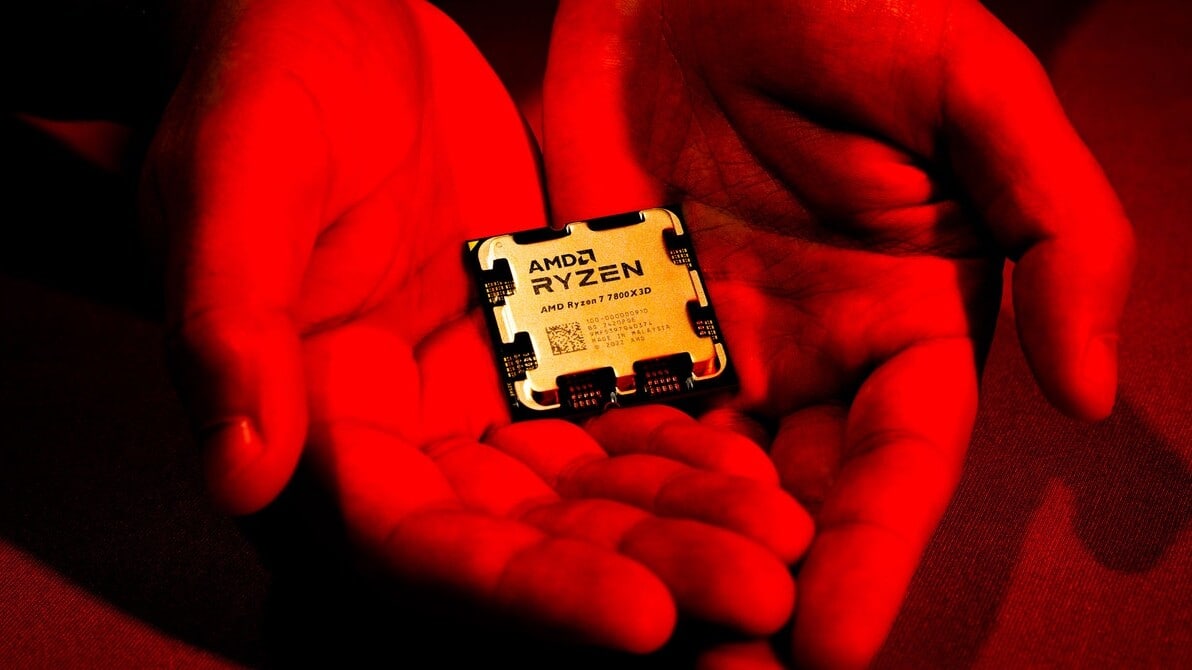
AMD chips have a vulnerability that allows virtually unfixable infections
What's the story
Security experts Enrique Nissim and Krzysztof Okupski from IOActive, have uncovered a significant vulnerability in AMD processors. The flaw, dubbed 'Sinkclose,' potentially impacts all AMD chips manufactured since 2006 or even earlier. The researchers caution that this vulnerability could allow an attacker to infect a computer with a 'bootkit' malware, which can evade antivirus software and remain undetected by the operating system. What's worrying that in many cases, it might be easier to discard an infected machine than disinfect it.
Exploitation process
Exploitation of 'Sinkclose' flaw requires deep access
The exploitation of the 'Sinkclose' flaw necessitates that hackers have substantial access to an AMD-based PC or server. Once they gain this level of access, they can embed their malicious code even deeper into the computer's memory. This security loophole could enable cybercriminals to infiltrate the most secure sections of a computer, and execute their own code within the System Management Mode of an AMD chip.
Persistent threat
It can lead to persistent system infections
The 'Sinkclose' flaw poses a significant threat as it can lead to persistent system infections. Okupski warns, "Imagine nation-state hackers or whoever wants to persist on your system. Even if you wipe your drive clean, it's still going to be there." He further claimed that only by physically connecting directly to a certain portion of its memory chips with an SPI Flash programmer, and meticulously scouring the memory, could one remove the malware.
Mitigation measures
AMD's response to the issue
In response to IOActive's findings, AMD has issued mitigation options for its EPYC datacenter and Ryzen PC products. The company plans to release similar measures for its embedded products soon. Despite acknowledging the severity of the 'Sinkclose' flaw, AMD emphasizes that exploiting it is not easy. The firm likens this technique to accessing a bank's safe-deposit boxes after already bypassing its alarms, guards, and vault door.
Patch recommendation
Researchers urge users to patch their systems promptly
Nissim and Okupski discovered the 'Sinkclose' technique by exploiting an obscure facility of AMD chips known as TClose. They alerted AMD about this flaw in October last year, giving the company nearly 10 months to develop a fix. Despite attempts by AMD or others to downplay 'Sinkclose' as too difficult to exploit, they strongly recommend users patch their systems immediately. Nissim warns, "If the foundation is broken, then the security for the whole system is broken."